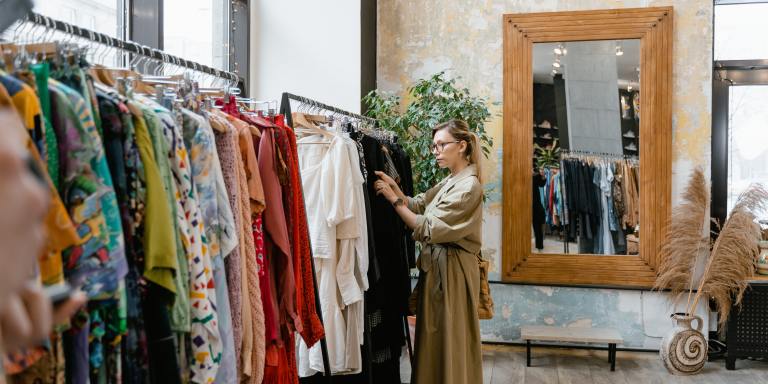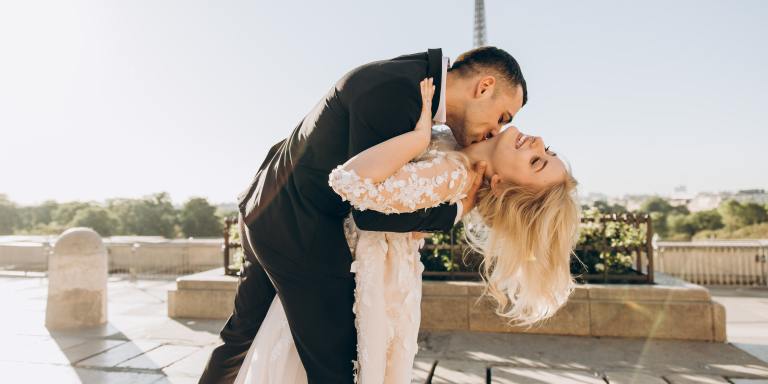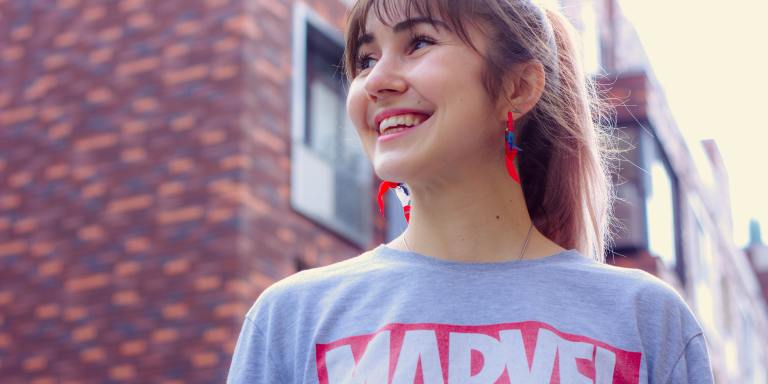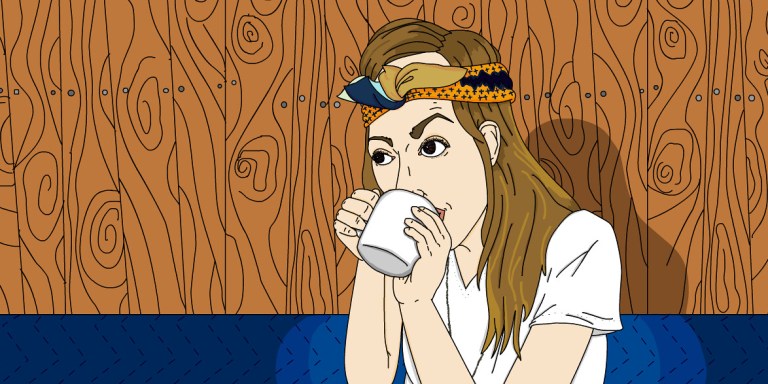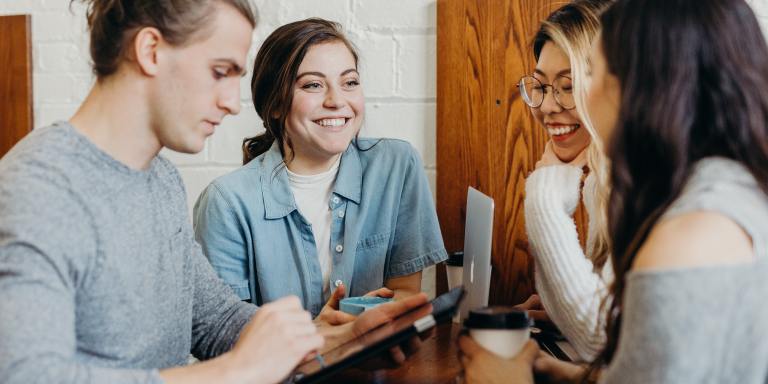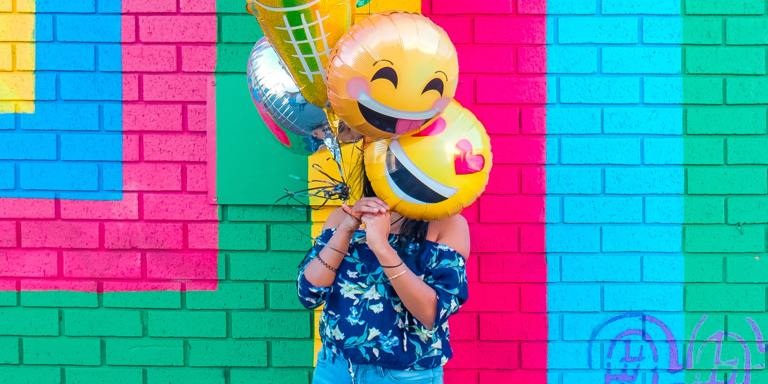Earlier, I asked Black women to confess the hair struggles they’ve never told anyone. But I also know there are questions people have about Black hair. And sometimes, it’s difficult to ask. Because Black woman – at least I can speak for myself here – aren’t always in the mood to play teacher about our hair. But I do feel like playing teacher today, and asked co-workers, friends, and the Internet what questions they have about Black hair. For the sake of simplicity, I narrowed the questions to 8 and answered as best as I could. Enjoy!
1. “Why is Black hair so thick (coarse)?”
This is a good question because I think we need to first dispel the notion that Black hair is universal and similar. My own mother’s hair is very different from my own – hers is soft and flaky, mine is thick and tough and kind of wild. The type of hair a Black person has will be dependent on the make-up of their Blackness, their ancestry, the climate of the place they were born in, the way they up-keep their hair, etc. So I guess the first thing to note is Black hair is not the same, it comes in different shapes, sizes, and textures. Some people have thick hair because that is the natural result of their hair growing in particular climates where thick hair provides protection from the harshness of the elements.
2. “Why do you wear scarves/hair nets to bed?”
I have to say firstly, I don’t think Black women are the only ones who do this! But a lot of women “wrap” their hair because they don’t want to lose the straightness or curls they’ve spent a fortune in time and money to get, so it’s a lot easier to maintain with a scarf. Also, if your hair is braided then it also protects the shape and “mats down” the split ends.
3. “How painful are weaves?”
I haven’t had one in so long but I don’t remember them being painful. Now of course there are two ways people get weaves – with hair glue, which a lot of people think is bad for your hair. And then there’s a sew in-weave. This is also a good time to mention that the real difference between the hair extensions Black women use and other women tend to use, is that length of time and sense of permanence, and that’s still only generally. But weaves mostly should not be very painful, relatively speaking of course. It still depends on your hair texture, scalp tenderness, and thickness or softness of your hair.
4. “Do you hate Beyoncé for how impeccable her weaves are? (Does she have a weave? Or is that real?)”
I’ll start by saying this is a good question to address because if I’m being honest, generally, the only Black woman you should ask if her hair is real, is a Black woman you know well and feel comfortable with (and who you know feels comfortable around you). Many Black women do not take kindly to the question about the “realness” or “fakeness” of their hair. I guess because generally no one asks other women whether they have hair extensions. Or it’s an assumption that if you have long hair, it’s probably fake, which isn’t necessarily the case in many instances.
But me personally, I don’t hate Beyoncé for her weaves. I don’t wear weaves which doesn’t make me better or worse than any other Black female. I just choose not to wear them because I prefer my hair braided in African styles – I see it as cultural preservation and I just like braided styles. I do think her hairstylist(s) obviously do a tremendous job, but to the best of my knowledge, I don’t think it’s real. But she’s obviously got the money and professionals around her to get her “real” hair to that point if she wishes.
5. “Is it true that growing an afro and maintaining it in North America is difficult because of the weather?”
I must admit I have no personal experience with this, and the question has not really crossed my mind. However, North America is so big with different climates that we cannot discount the weather that one is in, affects how hair grows. That being said, because of harsh winters in certain parts, it can certainly stunt the growth of an afro because the hair may need to be softer. But it’s important to consider the ancestry of Blacks in North America and in all parts of America includes usually a more “mixed” heritage. Considering that, the hair texture does make a difference. So don’t quote me on this but I deduce that the typical Black African afro may be “tougher” in texture than the Black American one. But that is also only generally speaking.
6. “Why are Black women so worried about getting their hair wet?”
Good question. It’s also a good time to mention that Black women generally don’t wash their hair every day. Largely because of shrinkage and it’s simply not good for the texture of the hair. There’s been a lot of talk in the mainstream media too about how it’s probably not a good idea for anyone to do so but that’s something you should probably take up with the experts. The reality is because of the maintenance in terms of time and money, and the nature of the hair, most Black women’s hair would shrink tremendously and the quality of the hair would diminish. Again, however, I must stress that Black women all have different kinds of hair, textures, etc. It is really difficult to speak for everyone.
7. “Why is there so much controversy around “natural” hair? Why is this not just a preference versus what seems to be a political statement?”
This question is worthy of an entire dissertation to be fully answered but I’ll do my best here. It should be noted that first and foremost, the body, like it or not, is political. That means almost everything about our bodies is political, not as a matter of intention but consequence. I would have to add that Black hair, in addition to Black women’s derrieres, are the most political subjects of societal discourse surrounding Black women’s bodies.
Not going to get into the academic jargon of it all but given the historical context of the dehumanization of Blackness and the subsequent violations on Black beauty, “natural hair” is often seen as reclaiming that beauty by natural hair proponents. However considering that Eurocentric standards of beauty still affect Black women’s perception of self, and their adherence or lack thereof, affects how they are perceived, the idea is that if one does not wear their hair naturally or at least Afro-braided, it indicates to some, compliance with Eurocentric standard of beauty especially with the use of relaxers and weaves. Again, I must stress that from an academic perspective, at least in communication and performance scholarship, we do not measure intentions (because we can’t), but consequences.
Personally, I like to remind people that Africans have always traditionally sought non-natural things to beautify their hair. It is not un-Black or un-African to do so, in my opinion. That being said, refusing to purchase “White beauty” by maintaining natural hair or African braided styles symbolizes an active resistance to Eurocentric beauty standards. It’s a global, societal, and personal discourse – and it’s complicated.
8. “What constitutes cultural appropriation when it comes to Black hair and the whole Kendall Jenner debacle?”
Cultural appropriation is an important subject when it comes to Blackness over all so I’m glad this was asked. I think some examples of cultural appropriation are blatant; others are hard to point out because culture is dynamic, fluid, and always in exchange. It’s hard to speak for all Black people and being Black African, my perspective does not represent every Black person’s perspective – African or otherwise. But I have been Black in a few contexts (i.e. countries or continents for that matter) that I have also been influenced by, so I can give some sort of universal response, at least I hope. I think particular things such as cornrows for example are contextualized in Black culture – there is a history that is present there that associates Black women particularly with that hair form.
So when there is a lack of recognition of that history and context as in the Marie Claire article, Black people often feel a sense of injustice particularly because these “new” and “popular” trends may have been around for centuries. But only when they became mainstreamed by White culture are they seen as “trendy,” and this is not even taking into account that at times these new “trends” may have resulted in degradation of Black women at some point. Using the example Kendall Jenner and cornrows again, I, for instance distinctly remember a (White) classmate in secondary school saying that she and her parents thought that the hairstyle was “silly…with lines in their hair.” It was obvious to me even then that statement was the result of ignorance, racial prejudice, and assumptions of Eurocentric beauty standards as a basis for all.
Of course it must be said too that no one human being “owns” any culture or any element of culture – it is discursive in nature. That said, I think it is mostly a matter of appropriately understanding and respecting the culture, history, and context of something, before participating in it and/or claiming it as part of one’s self or as a part of one’s culture. ![]()
